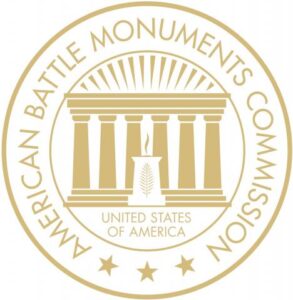Guiding Questions
- How did African American Gold Star mothers respond to the U.S. government-sponsored segregated pilgrimages to Europe?
Learning Outcomes
The student will be able to:
- Interpret and analyze a primary source document.
- Write historical fiction based on the Gold Star mother pilgrimages.
Pre-activities
- Assign the students to take on the role of a mother that just found out from the U. S. government that her son had been killed in action in France during World War I.
- Assign the students to write down a list of emotions that she may experience.
Activities
- Assign the students to read the primary source document (Gold Star mothers petition the president to end the segregation of the pilgrimages).
- As the students read the document, ask them to write down three main reasons that the mothers cite for eliminating segregation in pilgrimages.
- Ask the students to then take their exercise from the opening activity and then imagine that they were African American and were told that they could visit their sons’ burial place on segregated ships.
Assessment
Assign the students to write a fictional diary entry from an African American Gold Star mother that took the voyage.
Requirements of the Diary Entry:
- One-page
- Include a description of the voyage.
- Include at least two events that happened or places she may have seen while in France visiting the burial site of her son.
- Include a description of how she may have related with the French and how they French may have related with her.
Materials Needed
Primary Source Document: NAACP Petition
There were initially 55 eligible black women (from 21 different states) who planned not to go on the European pilgrimage. The NAACP sent the petition signed by those 55 women. The petition was sent to President Hoover in May 1930. The petition is on pages 117 and 118 of the following book:
Graham. J. (2005). The Gold Star Mother Pilgrimages of the 1930s: Overseas Grave Visitations by Mothers and Widows of fallen U. S. World War I soldiers. Jefferson, North Carolina: McFarland & Company.
Poignant Protest is an LA Times article by Richard A. Serrano about the African American Gold Star Mothers.
 An official website of the United States government. Here's how you know.
An official website of the United States government. Here's how you know. 